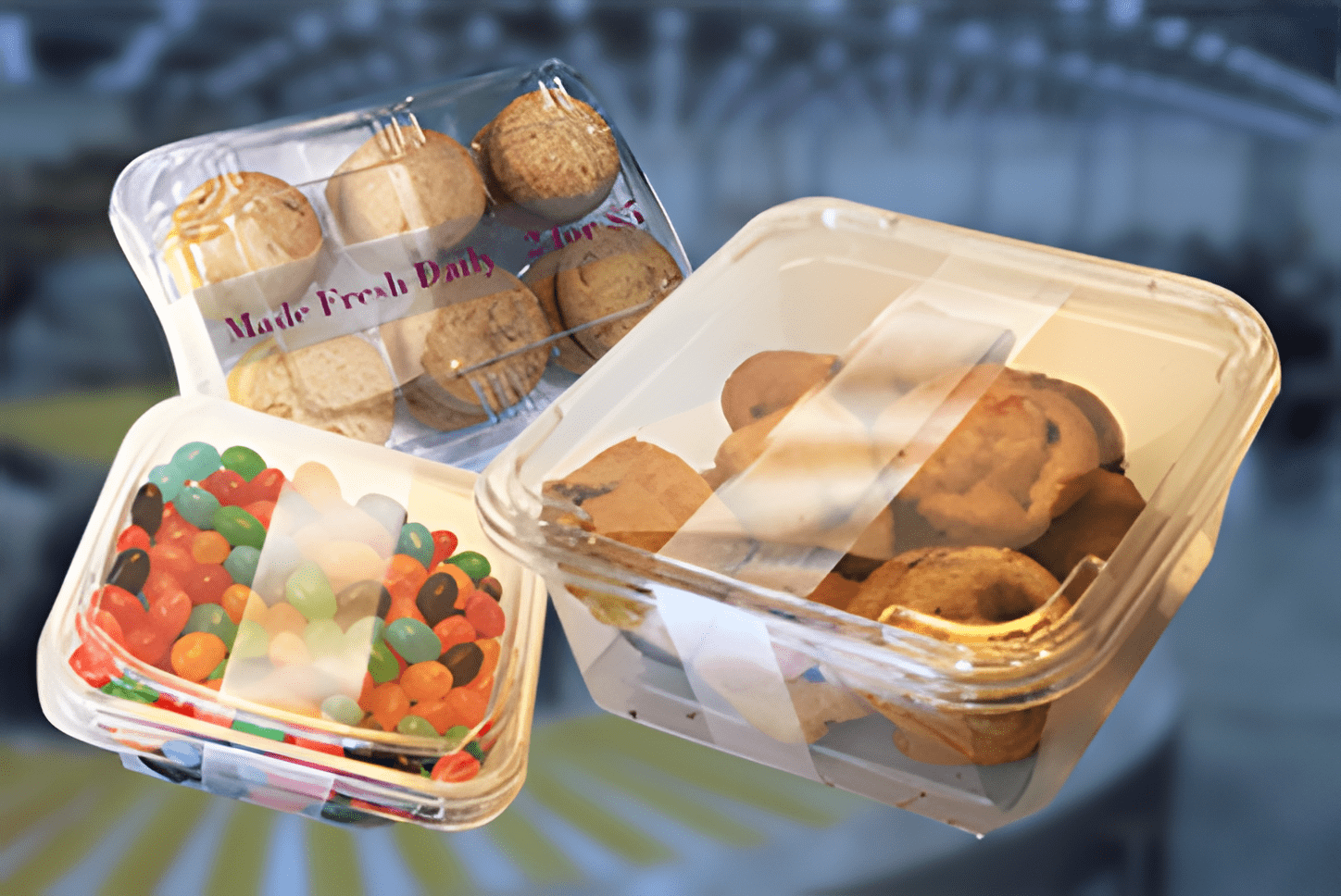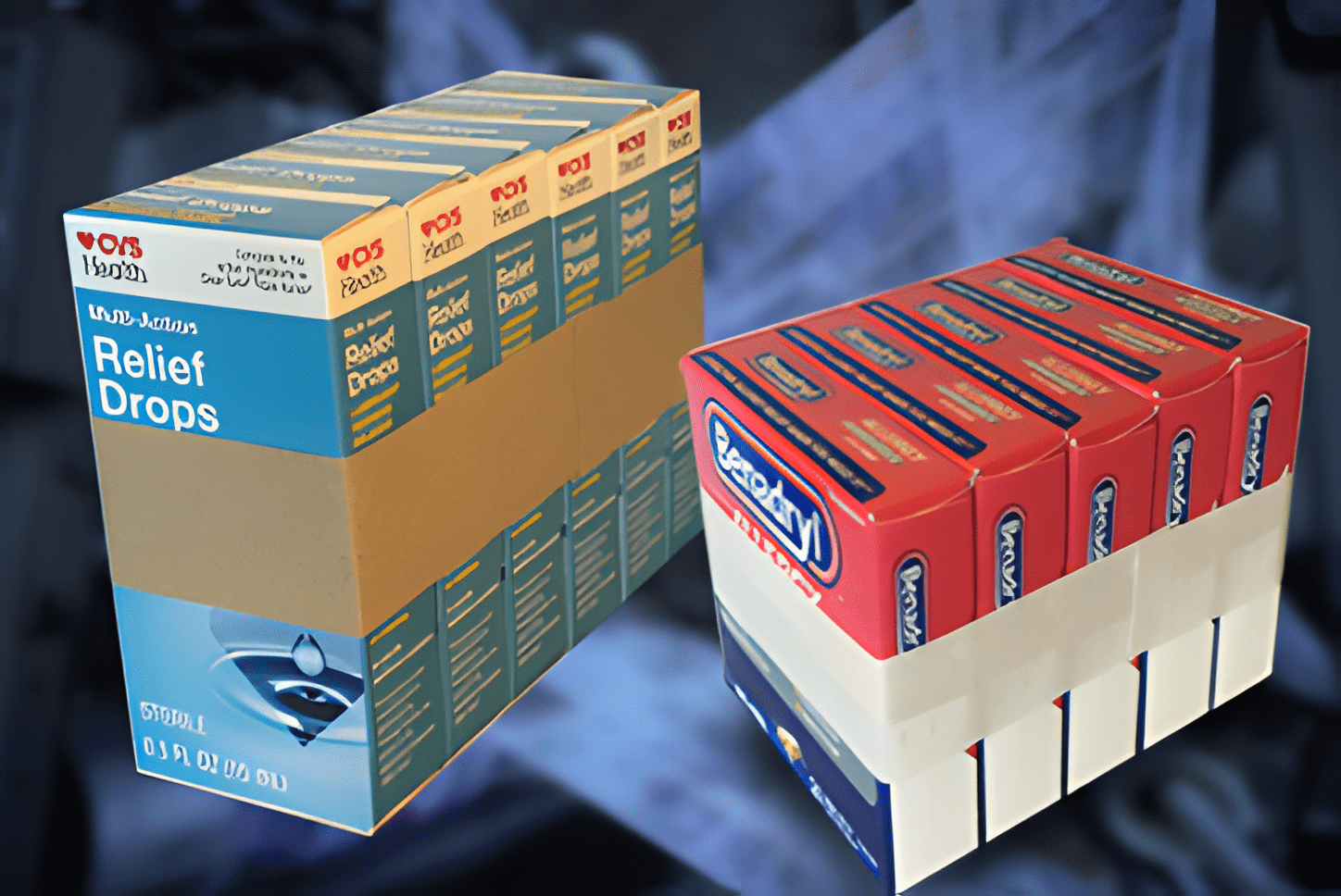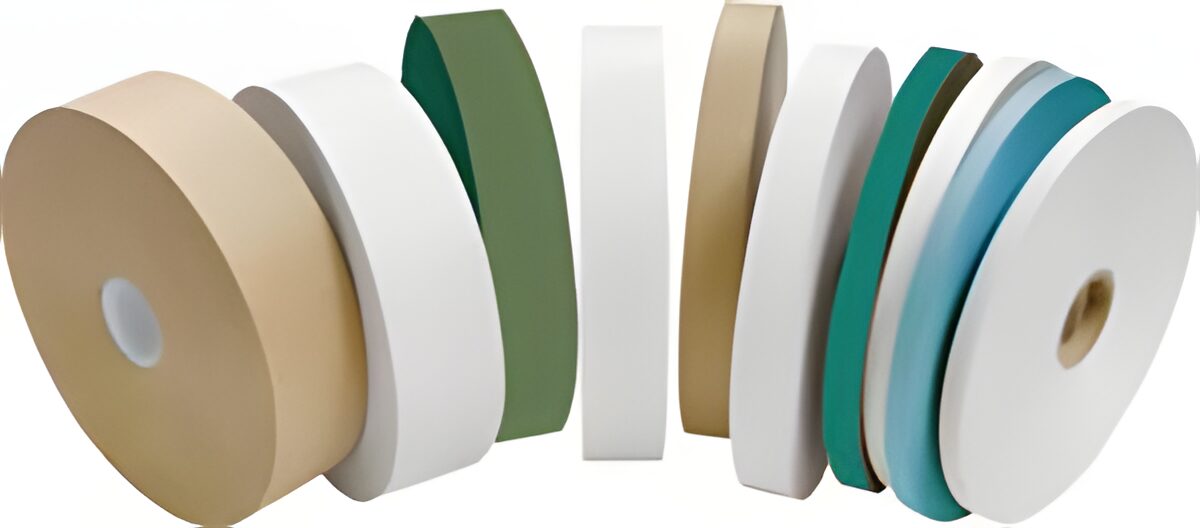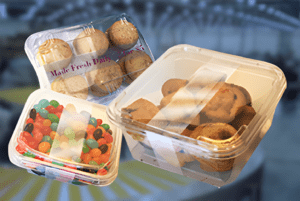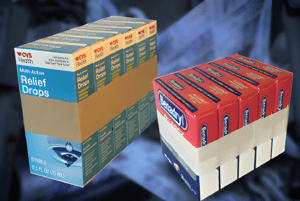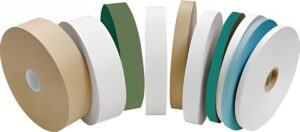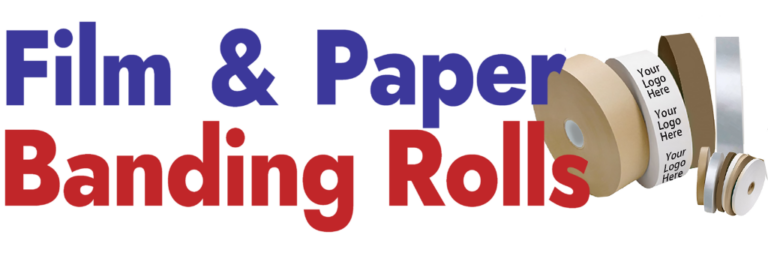Many food and beverage production managers look to improve production and cut material costs by using banding material. Banding machines wrap a strip of paper or film around food or beverage containers to replace expensive printed labels or a chipboard sleeve. Banding also offers a way to ensure tamper-evident on clamshell-type containers and is also sometimes used to combine multipacks for special promotions. The perks of banding are many: the equipment is compact with a small footprint and can be moved around easily. It can also be incorporated in production lines to speed output.
Unfortunately, most purchasing managers/buyers find themselves single-sourced. The pursuit for a quotation from conventional packaging professionals is fruitless because of their lack of knowledge in that that area or their inability to submit the necessary samples consisting of narrow widths rolls needed for evaluation. As a result, overseas sources hold a virtual monopoly on the pricing.
In addition, most traditional packaging distributors offering conventional packaging material (stretch film, bubble, foam, corrugated and Jan/San products etc.) don’t have the converting capabilities toprovide these films or paper, so they don’t offer them. Only a rare combination of distributor/converter can enter this market. All of the advantages of direct domestic supply are contingent upon the consumables working with the foreign banding equipment.
The pricing for the overseas banding material is very expensive as compared to an equivalent domestic product and in most cases is whatever the market can bear. Since there is very little competition, distributors for the overseas material are not motivated to lower prices.
That’s where a qualified domestic supplier can help. Different domestic suppliers can offer different programs. Three key considerations to look for:
- US-made, US-supplied consumables. A US-made product ensures readily available stock that’s not subject to overseas transportation costs or possible delays.
- Stable pricing can be achieved with contracted blanket orders and dated deliveries for up to one year. This eliminates the ridiculously high prices of foreign material and insures meeting budgetary forecasts. Since consumables must be continually ordered, the savings go directly to the bottom line.
- Next-day shipping to ensure customers never run out or are forced to shut down production.
Domestic suppliers may have other advantageous programs as well. One attractive strategy being employed by Pacific Packaging Products, for example, is to offer consignment programs that allow the customer to only pay for the material they use on a monthly basis and also allows inventory and payment to be managed electronically. Consignment allows the customer to have 60-90 day supply in their warehouse. Should they suddenly get busy, the materials are readily available at their disposal. Furthermore, there are considerable transportation savings shipping 60-90 days compared to monthly shipments.
Magdi Bichay is general manager of specialty sales and marketing at Pacific Packaging Products Inc., a film and paper manufacturer, distributor and converter based in Wilmington, MA. For further information or to request samples, contact him at 978-808-8827 or mbichay@pacificpkg.com.

